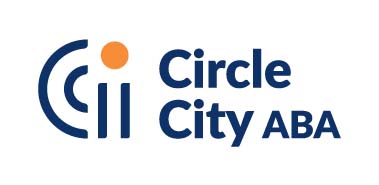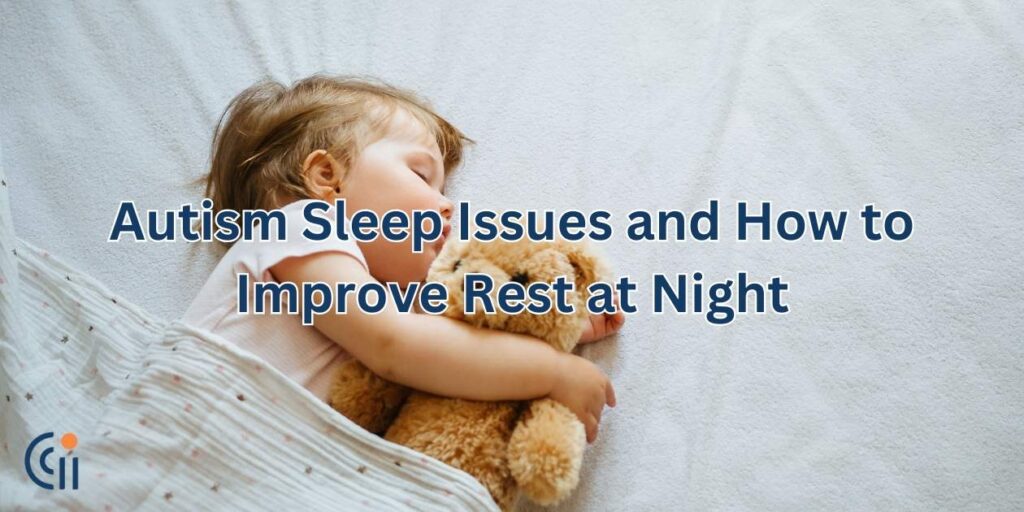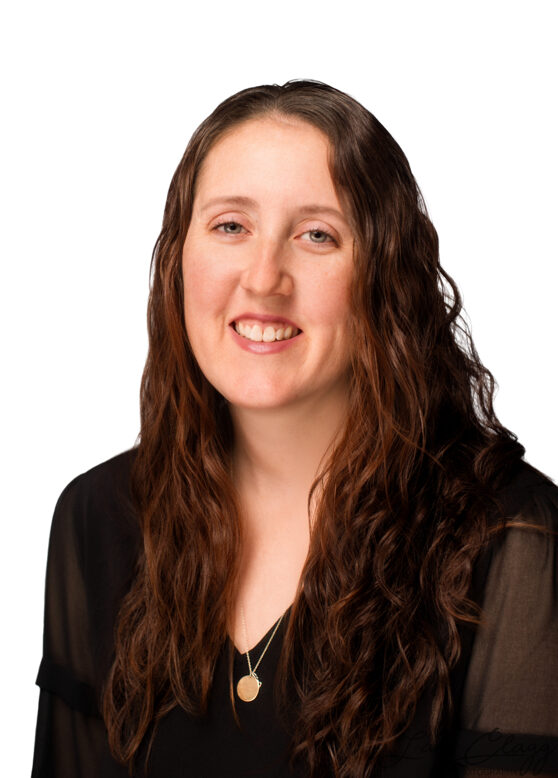Sleep can be a challenge for many children with autism. Trouble falling asleep, waking up often, or waking too early are all common struggles. When kids don’t get enough rest, it can affect their mood, behavior, and learning.
At Circle City ABA, we know how important sleep is. In this post, we’ll talk about autism sleep issues, why they happen, and simple ways to help your child sleep better.
Understanding Autism Sleep Issues
Children with autism often have a hard time sleeping. In fact, studies show that up to 80% of kids with autism have sleep problems. That’s a big number. But why does it happen?
Some reasons include:
- Trouble relaxing before bed
- Sensory sensitivities (like light, sound, or touch)
- Anxiety or racing thoughts
- Irregular melatonin levels (melatonin helps control sleep)
When a child struggles with these things, it makes bedtime tough—for them and for the whole family.
Sleep Improvement Tips That Can Help
If your child has trouble sleeping, don’t worry. There are small steps you can take that may help. These sleep improvement tips are simple, but they can make a big difference over time.
- Keep a consistent sleep schedule
Go to bed and wake up at the same time each day—even on weekends. A steady routine helps the body know when it’s time to rest. - Create a calming bedtime routine
A relaxing routine before bed can help your child wind down. This might include:
– A warm bath
– Quiet reading time
– Soft music or white noise
– Gentle stretching
Keep the routine short and simple—around 30 minutes. - Make the bedroom comfortable
Turn off bright lights and loud sounds. Use blackout curtains and a fan or noise machine if needed. If your child has sensory sensitivities, try soft bedding or weighted blankets (if safe for them). - Limit screen time before bed
Phones, tablets, and TVs can make it harder to fall asleep. Try turning off screens at least an hour before bedtime. - Watch for food or drink that affects sleep
Some foods and drinks—like caffeine or sugar—can keep kids awake. Try to avoid these before bedtime.
Why a Good Bedtime Routine Matters for Kids with Autism
A bedtime routine isn’t just about brushing teeth and putting on pajamas. It gives your child a sense of order and safety. For kids with autism, this kind of structure can help reduce anxiety.
Here’s an example of a bedtime routine:
- 7:00 PM – Bath
- 7:20 PM – Put on pajamas and brush teeth
- 7:30 PM – Read a book together
- 7:45 PM – Lights out with quiet music or nightlight
Doing the same steps every night can teach the body and brain it’s time to sleep.
When to Ask for Help with Autism Sleep Issues
Sometimes, even after trying all the tips, sleep is still hard. If your child continues to struggle with sleep, talk with a doctor or therapist. ABA therapy may also help.
At Circle City ABA, we work with families to build helpful routines, reduce stress, and support better behavior—day and night.
How Circle City ABA Can Support Your Family
Better sleep is possible. With patience, routine, and the right support, your child can rest easier—and so can you. Circle City ABA offers play-based, personalized therapy for kids with autism. We work with children from 18 months to 17 years old. Our team helps build skills, routines, and healthy habits—including better sleep.
Contact our admissions team for more information on our services and how we can support you and your child. Find a location near you! We serve Arizona, Georgia, Indiana, Iowa, and Nebraska.



